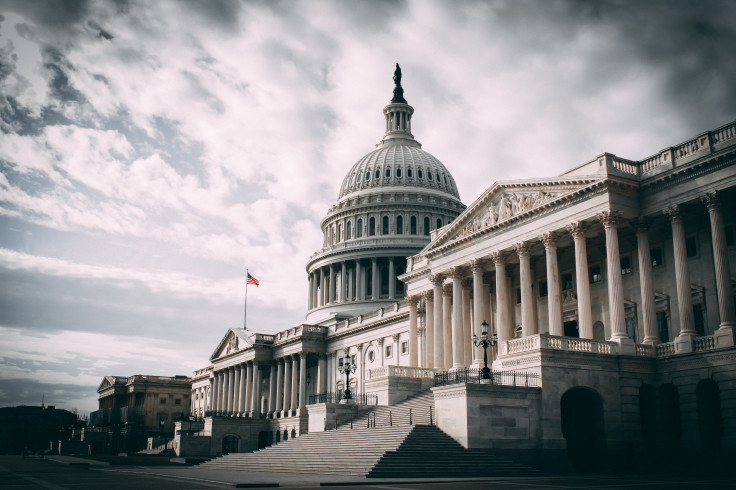
House Republicans are seeking to link a voting provision to funding the government and avoiding a shutdown at the end of the month, which Senate Democrats have already warned is a non-starter for them.
Concretely, they included a requirement for states to get proof of citizenship, such as birth certificate or passport to those who register to vote. Discussions will begin next week when lawmakers return to Washington from recess, when most spend August in their states and districts.
"House Republicans are taking a critically important step to keep the federal government funded and to secure our federal election process," said speaker Mike Johnson when introducing the initiative. "Congress has a responsibility to do both, and we must ensure that only American citizens can decide American elections."
However, Senate Majority Leader Chuck Schumer and Appropriations Committee Chair Patty Murray said the proposal was taking issues down a "highly partisan path," making the "odds of a shutdown go way up." "And Americans will know that the responsibility of a shutdown will be on the House Republicans' hands," said the Democratic senators.
Republicans have been claiming there is a high risk of noncitizens voting in the next elections, with different GOP-led states taking measures they say seek to prevent that from happening.
Measures include voter roll purges, filing lawsuits, organizing on-the-ground monitoring of polling places, and spreading information online.
And, although there is no indication that noncitizens are voting in large numbers, the narrative seems to be making an impact, as Republican elected officials have responded to these concerns. In Texas, for example, Attorney General Ken Paxton announced an investigation into whether organizations were registering noncitizens to vote, authorizing state police to search the homes of activists involved in registering Latino voters.
Voting rights advocates consulted by The New York Times raised concerns about this false narrative, drawing parallels to tactics used during the Jim Crow era to suppress Black and Latino voters. "This narrative that noncitizens are voting is really an attack on voters of color and particularly Latino voters and new Americans," said Hannah Fried, the executive director of All Voting is Local, a voting rights group.
Jessica Marsden, a lawyer for Protect Democracy, a group that monitors threats against fair elections, echoes this sentiment: "Since 2020, we've seen a sustained effort to foment distrust in our election system and election results, and I think this is another effort to do more of that work."
Studies have repeatedly found that a relatively small number of noncitizens make it onto voter rolls, and a far smaller number cast ballots. A recent analysis published by the Cato Institute found that the number of votes cast by noncitizens discovered through state audits in 2016 ranged from three in Nevada, out of over a million votes cast, to 41 in North Carolina, where nearly five million votes were cast. The study by the institute also concluded:
"The more people believe elections are rigged, the more they are likely to turn their discontents in a direction other than electoral politics. Some will go the passive route of resignation, withdrawing from civic involvements, making themselves the perfect subjects for strongman rule. Others will turn to militia activity or outright violence."
© 2024 Latin Times. All rights reserved. Do not reproduce without permission.










